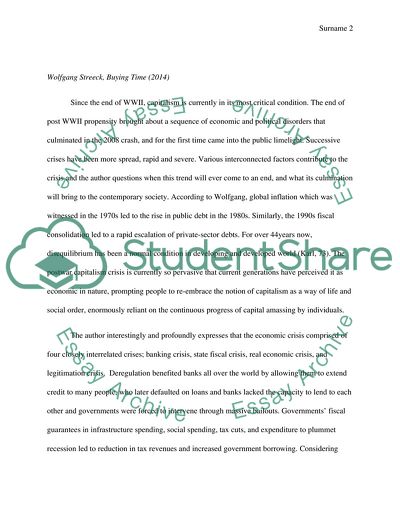Cite this document
(Comparison of Buying Time by Wolfgang Streeck and This Changes Book Report/Review, n.d.)
Comparison of Buying Time by Wolfgang Streeck and This Changes Book Report/Review. Retrieved from https://studentshare.org/social-science/1860996-book-reviews
Comparison of Buying Time by Wolfgang Streeck and This Changes Book Report/Review. Retrieved from https://studentshare.org/social-science/1860996-book-reviews
(Comparison of Buying Time by Wolfgang Streeck and This Changes Book Report/Review)
Comparison of Buying Time by Wolfgang Streeck and This Changes Book Report/Review. https://studentshare.org/social-science/1860996-book-reviews.
Comparison of Buying Time by Wolfgang Streeck and This Changes Book Report/Review. https://studentshare.org/social-science/1860996-book-reviews.
“Comparison of Buying Time by Wolfgang Streeck and This Changes Book Report/Review”, n.d. https://studentshare.org/social-science/1860996-book-reviews.


